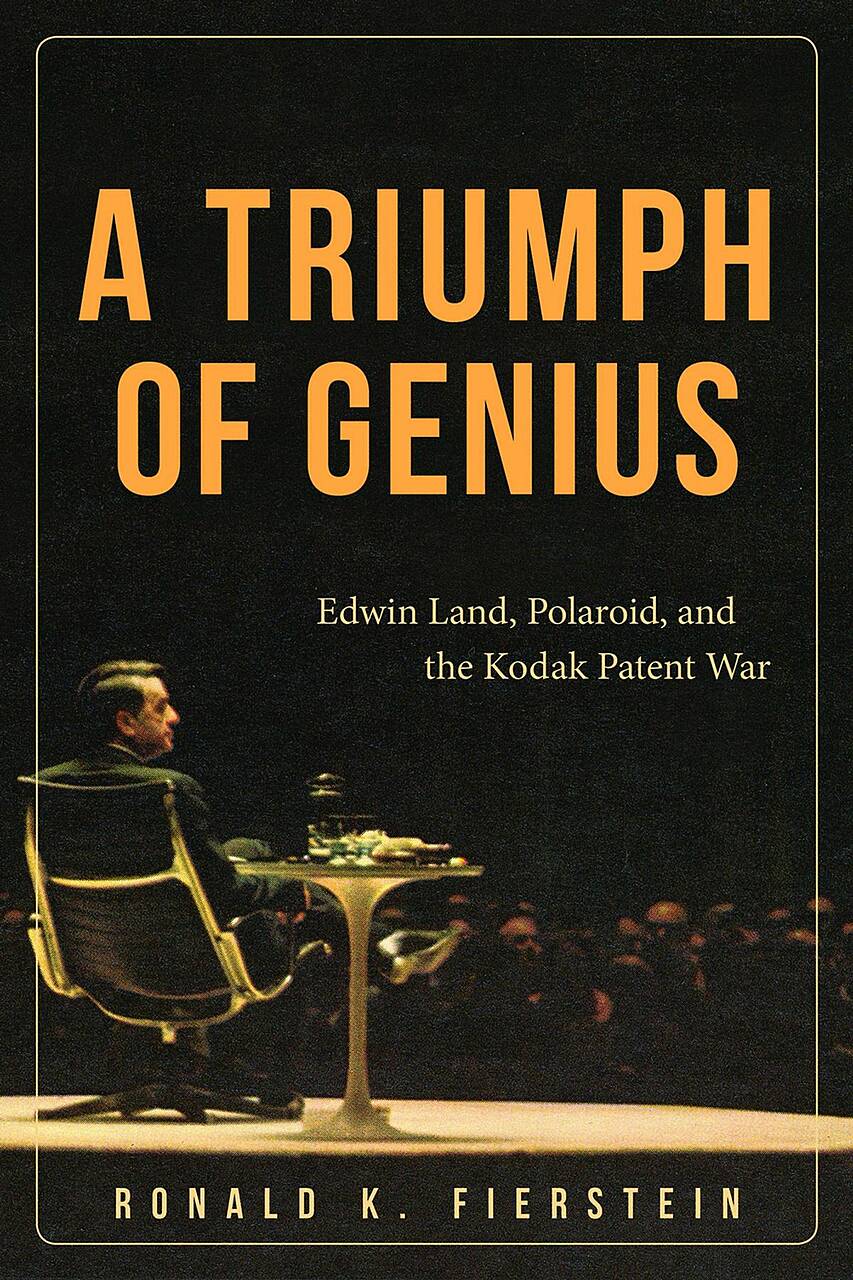
1. As a colleague acknowledged many years later, this man “never had an ordinary reaction to anything.”
2. There’s a rule they don’t teach you at Harvard Business School: if anything is worth doing, it’s worth doing to excess.
3. Land recalled that his “whole life has been spent trying to teach people that intense concentration for hour after hour can bring out in people resources they didn’t know they had.”
4. Concentrated, uninterrupted mental effort that seems to me to be the source, not only of science, but also of everything that is worthwhile in life.
5. He learned one very important lesson. “I knew then that I would never go into a commercial field that put a barrier between us and the customer.” Rather than deal with other companies as intermediaries, he would market his innovative products directly to the public.
6. He sees himself as determined, iron-willed and hard driving, a man who will not rest until he has conquered whatever problem is at hand.
7. He believed “that the role of industry is to sense a deep human need, then bring science and technology to bear on filling that need. Any market already existing is inherently boring and dull.” Land, like Steve Jobs many decades later, believed that his company should “give people products they do not even know they want.”
8. Early in his career, as the founder of a fledgling Silicon Valley company, Jobs had the opportunity to visit with Land, who described to Jobs his vision for the technology company of the future. Jobs confessed to a reporter that getting to meet Land was “like visiting a shrine.” Many years later, Jobs admiringly assured Land that in building Apple, he had tried to emulate the ideals Land had described to him.
9. The research of science is nothing but failures. You fail and fail and fail, and when you succeed you stop. So the record of science is experiments that didn’t work and that are then the basis of one that does work. The reason I know is because what we offer and what we are selling is the embodiment of all those failures, it is the record.
10. The year began with the induction of Edwin Land into the National Inventors Hall of Fame. The U.S. Patent Office had established this institution in 1973 and had made Thomas Edison its first inductee. Land was joining an august and highly selective group that included the most important inventors in history, including Alexander Graham Bell (telephone), Eli Whitney (cotton gin), the Wright Brothers (airplane), Guglielmo Marconi (radio telegraphy), Samuel Morse (telegraph), Cyrus McCormack (reaper), Charles Goodyear (vulcanized rubber), and Rudolf Diesel (internal combustion engine). He was the first inductee ever admitted during his lifetime.
11. One of Land’s great strengths as a scientist, one that made him virtually indefatigable, was his understanding that to research necessarily meant to endure without discouragement the “error” part of the “trial and error” axiom.
12. A worthwhile invention must be startling, unexpected and must come into a world that is not prepared for it.
13. Land later acknowledged, “You always start with a fantasy. Part of the fantasy technique is to visualize something as perfect. Then with the experiments you work back from the fantasy to reality, hacking away at the components.”
14. I think whether outside science or within science there is no such thing as group originality or group creativity or group perspicacity. I do believe wholeheartedly in the individual capacity for greatness. Profundity and originality are attributes of single, if not singular, minds.
15. If you are right, the facts at the moment don’t matter because in due course the facts will catch up with you.
16. Articulating a philosophy that would later become the mantra of Apple’s Steve Jobs, Land proclaimed, “We don’t do market surveys. We create the markets with our products.”
17. With great enthusiasm, back in his role as professor in residence on the witness stand, Land proceeded to explain the differences in great detail, providing a historical perspective on the development of these camera mechanisms going back to the days of Thomas Edison.
18. Land’s central message was to make it “clear that he does not intend to allow anyone at Polaroid to devote too much of its resources to diversification."
19. The formula for accomplishment he practiced throughout his life—creative wonderment and intellectual curiosity followed by inexhaustible effort—remains a model that should inform and inspire us all, no matter the particular field of our endeavor.
20. To understand Polaroid, you must understand Land. Land is creative, and he has the well-grounded suspicion that good, careful, systematic planning can kill a creative company.